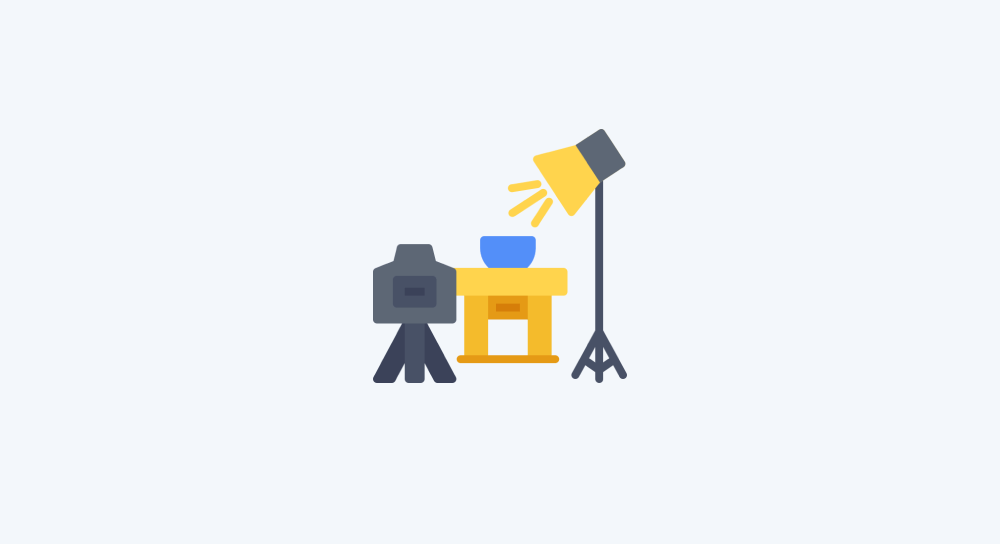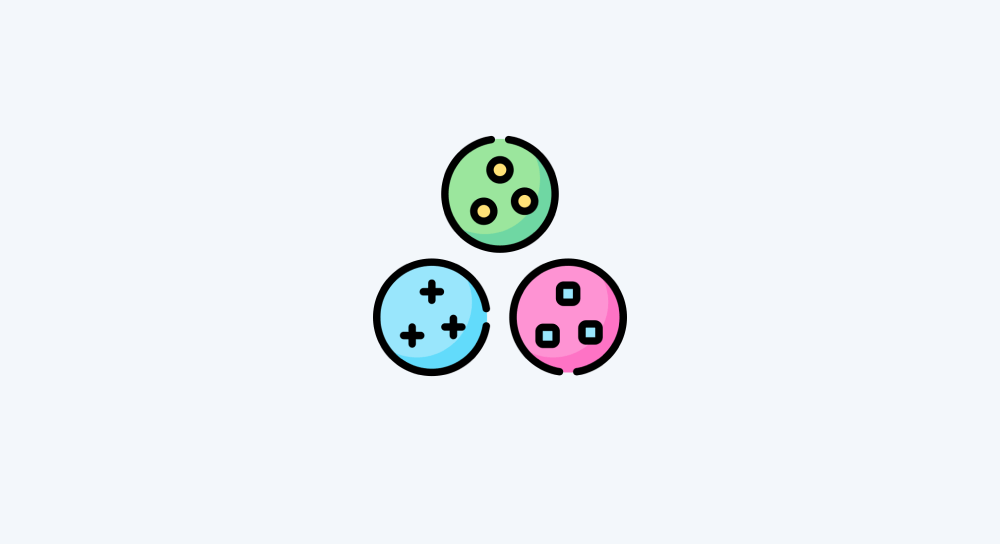The Problem: Extracting key details from ChatGPT response

In order to understand the problem, we should try to map the key details from ChatGPT’s verdict to the corresponding columns in the Airtable base.
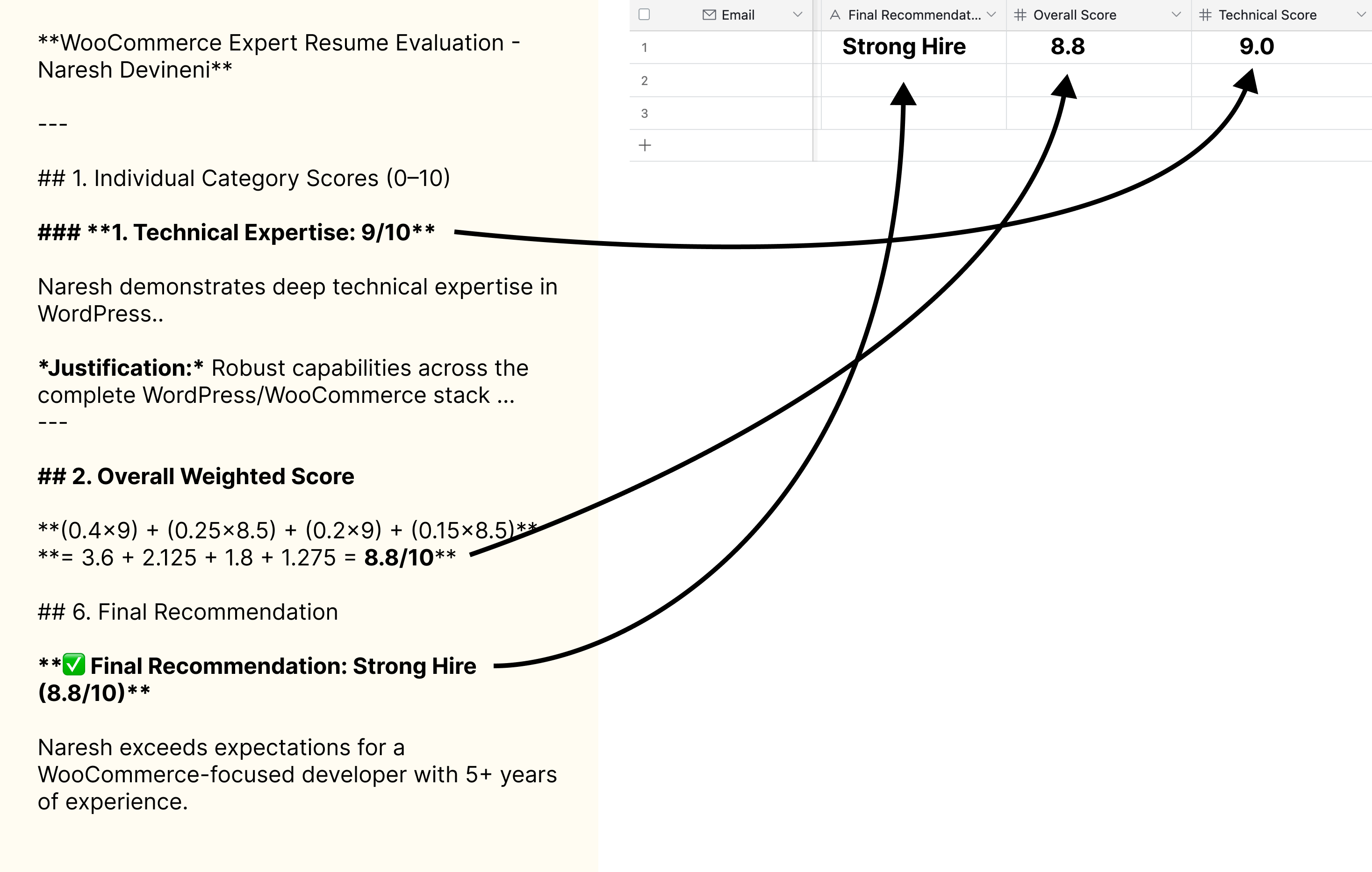
But before that, we need to implement the following steps:
- Add the “Create a Record” module from Airtable at the end of the automation pipeline.
- Map the applicant's personal details, such as Full Name, Email, etc., to their respective fields.
Add the “Create a Record” module from Airtable at the end of the automation pipeline.
Click on the “Add another module” button next to the ChatGPT module and select the “Create a Record” module from Airtable.

This module allows us to automatically add a new record (row) to our CV Analysis base whenever an applicant submits their resume.
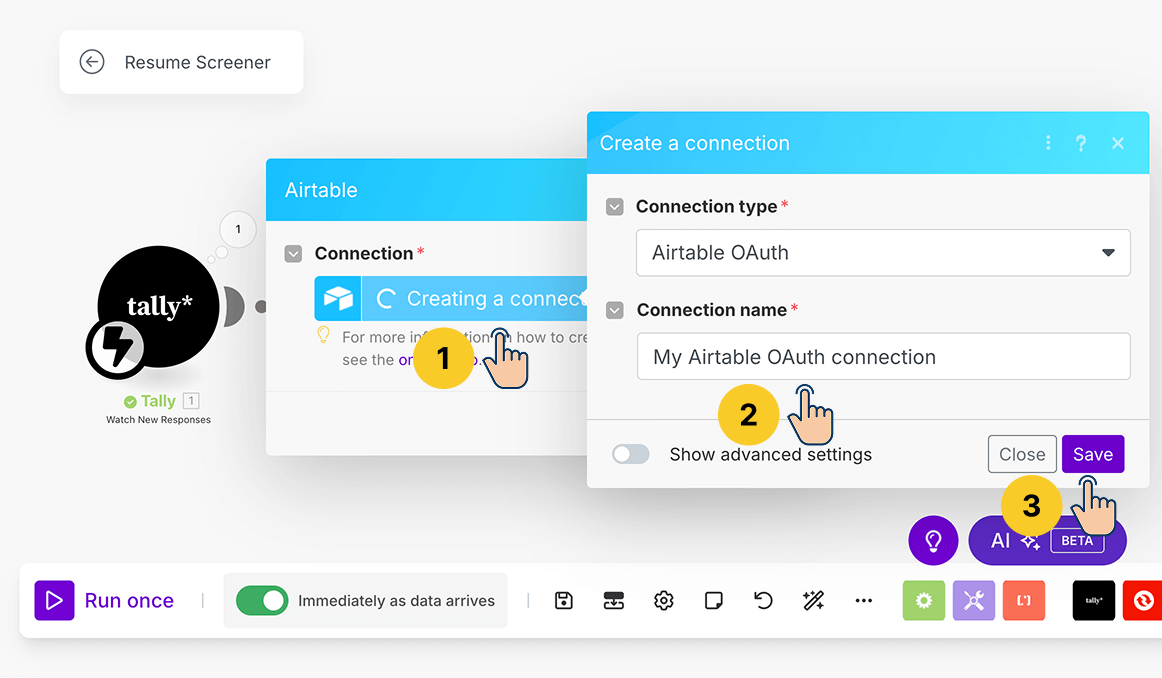
Next, inside the “Create a Record” module, click on the “Create a Connection” button.
This will bring up a popup where we need to choose a connection type.
Airtable offers two authentication methods for connecting with its API:
- API key authentication
- OAuth authentication
We have to pick one of them as the connection type.
Which one would you pick?
“I would go with API key authentication. It's easy to set up.”
That’s a valid choice!
However, always remember that OAuth authentication is more secure than using an API key.
So, for the “Connection Type” field, choose “Airtable OAuth” and save the changes.
This will redirect you to Airtable’s
“Grant Access” page.
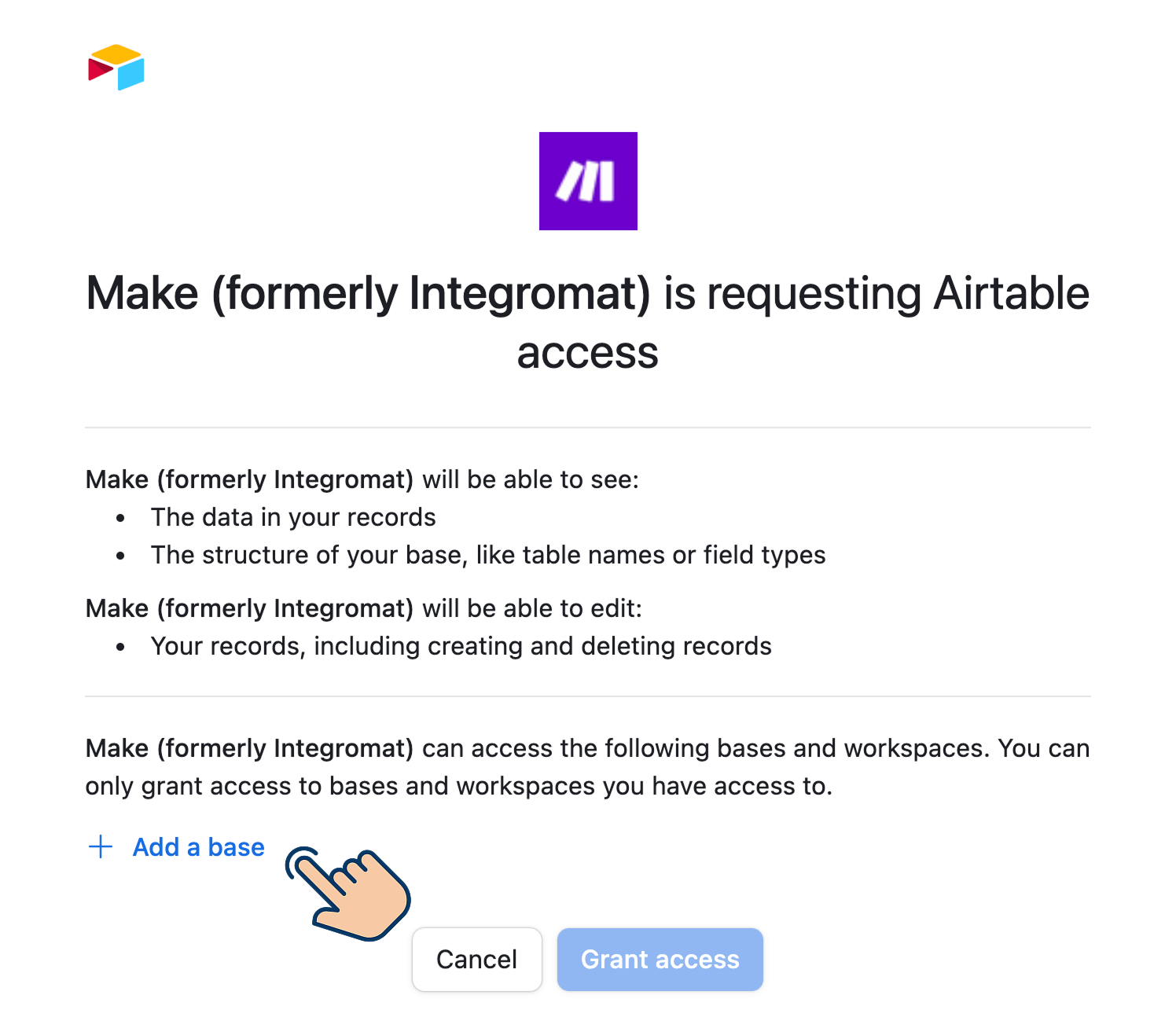
As usual, like any OAuth request, Make.com is asking for permission to access your Airtable account.
But unlike Google Sheets, Airtable doesn’t automatically provide access to all bases in your account.
You must manually select the base(s) needed for the automation.
In our case, we only need to work with the CV Analysis base.
So, let's just select it by leaving the others.
To do it:
- Click on the “Add a base” button
- Pick “CV Analysis” from the list
- And finally, click on the “Grant access” button.
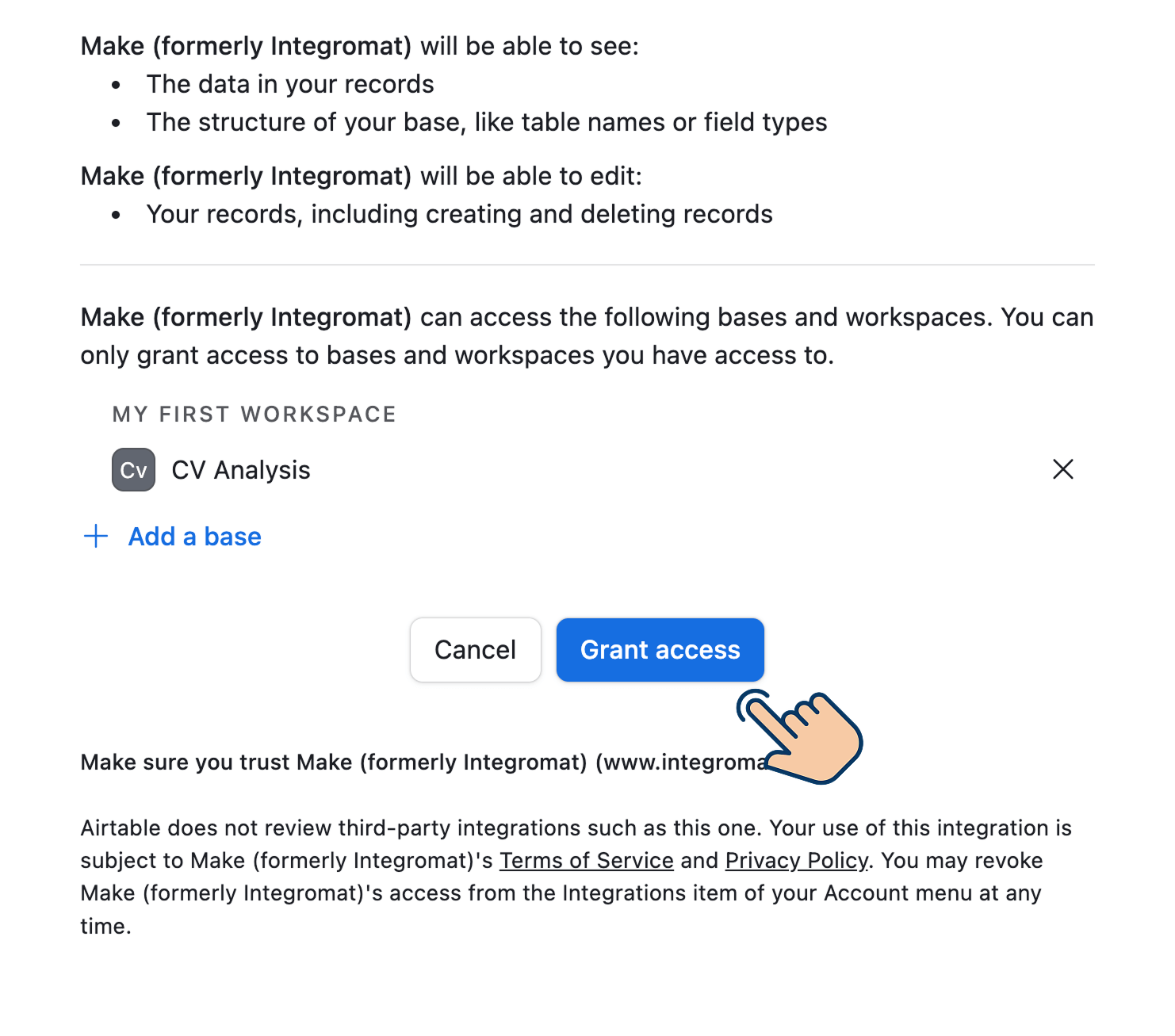
This will unlock the hidden settings of the “Create a Record” module as usual:
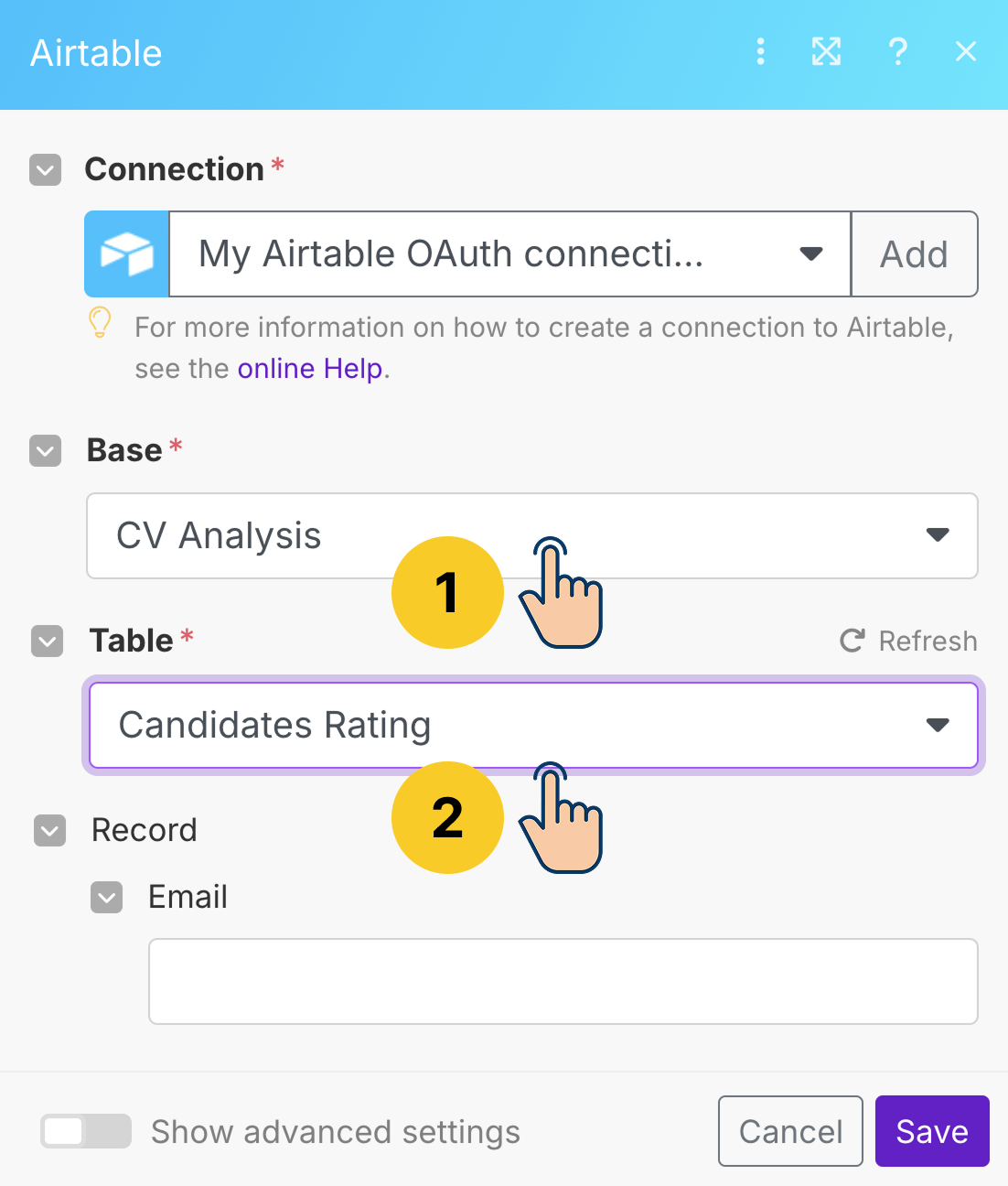
- For the “Base” field, select “CV Analysis” once again
- And for the “Table”, select “Candidates Rating”.
This ensures that new records are added to the Candidates Rating table inside the CV Analysis base.
Next…
Let's try to map the key details from previous modules to the corresponding columns in the Airtable base
Mapping the personal details of the applicant
As soon as the Tally form receives a submission, our automation get triggered and a bundle with form details will get generated.
In other words, the bundle generated contains the personal details of the applicant:
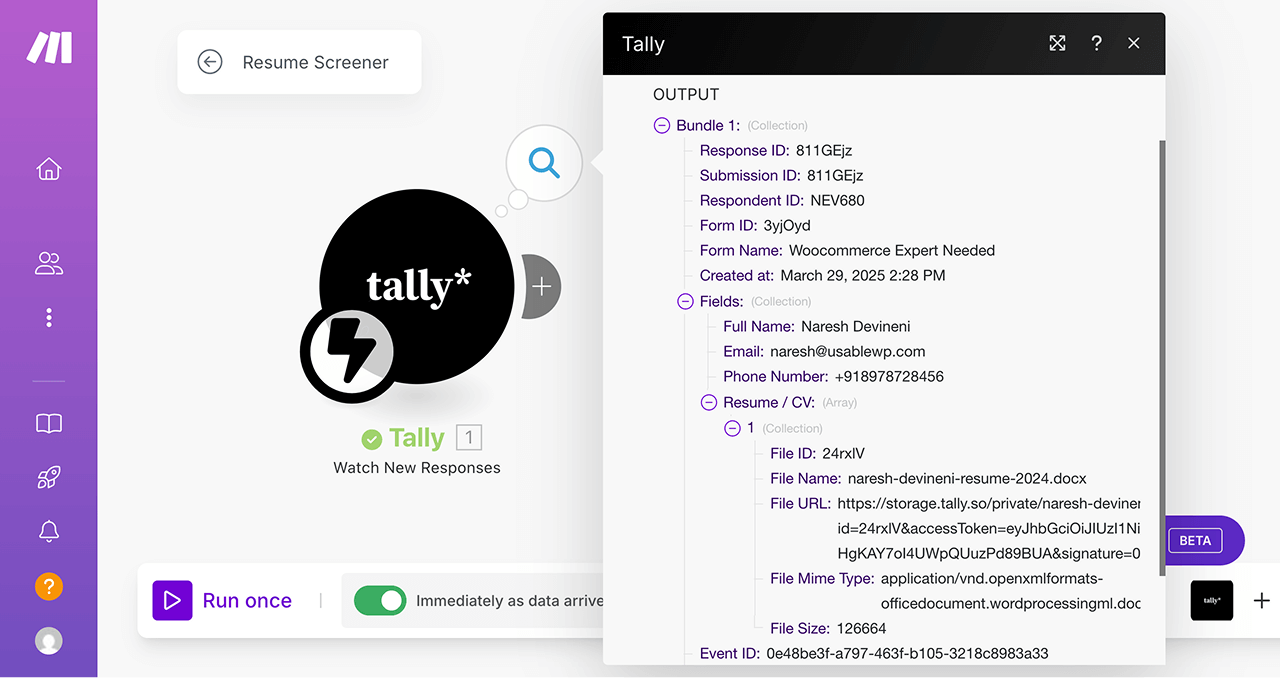
To be more precise, it contains the following details of the applicant:
- Full Name
- Phone Number
- Original resume doc
- File name of the resume doc
And Make.com allows you to map a particular module's bundle data to any of the subsequent modules inside the automation pipeline.
So, first, let's map these five personal details from the Tally module to the corresponding columns of the “CV Analysis” base:
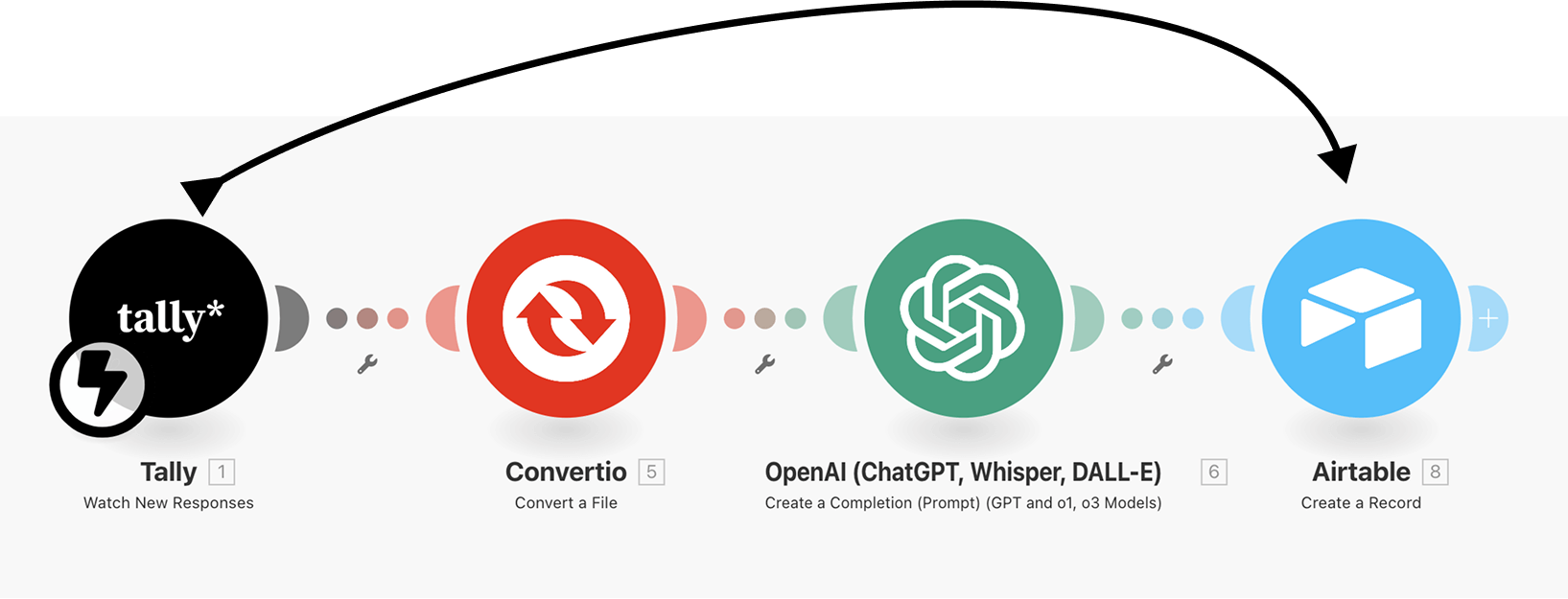
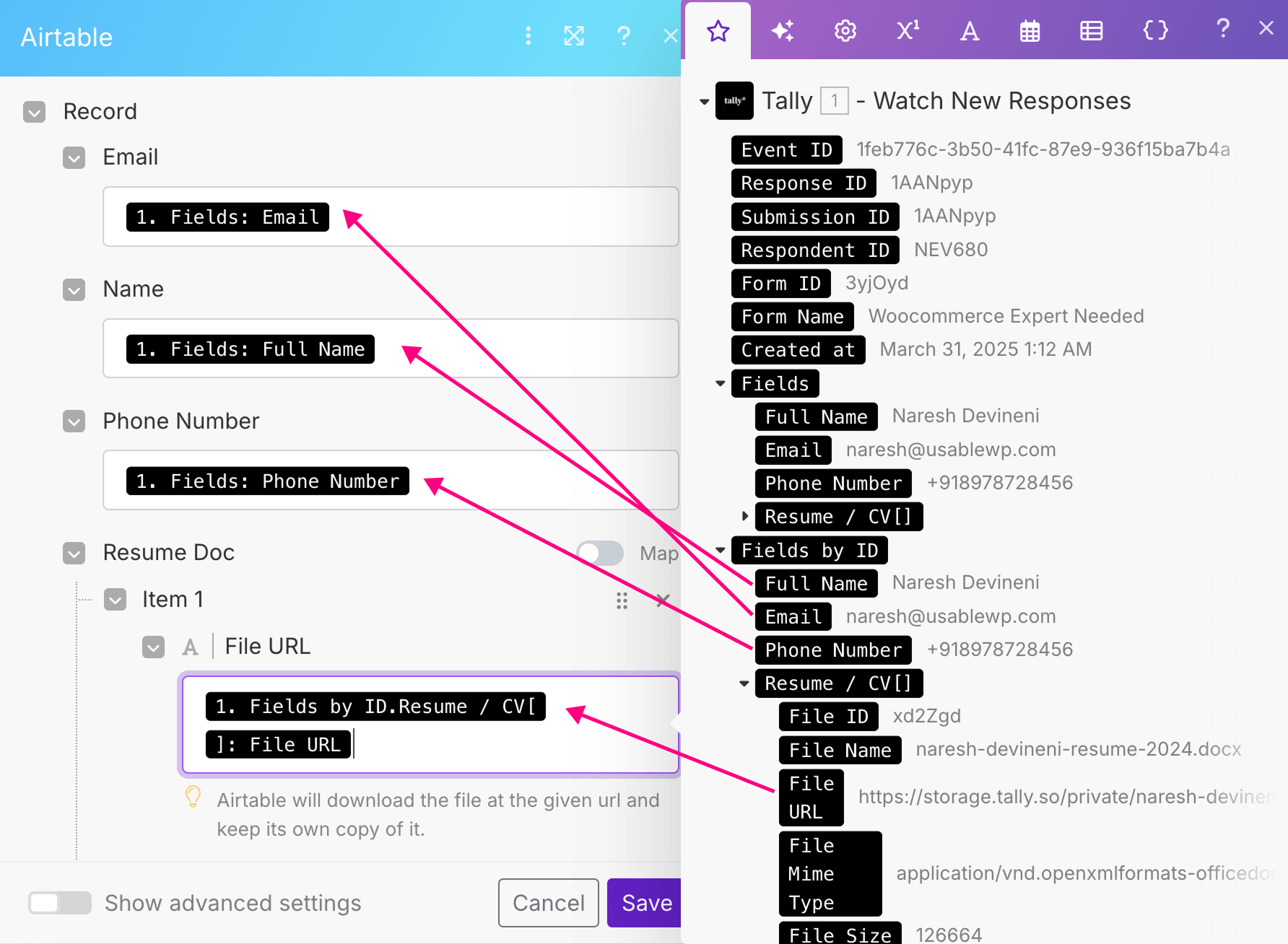
Great!
Straightforward, right?
Next…
Map the key details from ChatGPT’s verdict to the corresponding columns in the Airtable base
Now, I want you to take some time and observe the response of ChatGPT when an applicant's resume was analysed:
**WooCommerce Expert Resume Evaluation - Naresh Devineni**
---
## 1. Individual Category Scores (0–10)
### **1. Technical Expertise: 9/10**
Naresh demonstrates deep technical expertise in WordPress and WooCommerce. He has extensive experience with custom plugin and theme development, payment gateway integrations, REST API, optimization (Core Web Vitals, caching, asset management), and security (Sucuri, Wordfence, hacked site cleanup). He also mentions hands-on work with WP-CLI, server environments, and DevOps tools like Trellis and Bedrock—showing modern, advanced WordPress development skills.
*Justification:* Robust capabilities across the complete WordPress/WooCommerce stack with many advanced competencies. Deducting one point for lack of highly detailed examples of REST API integrations or enterprise-level security implementation projects.
---
### **2. E-commerce Domain Knowledge: 8.5/10**
Naresh has meaningful e-commerce experience across various facets—checkout issues, subscription management (Rental Reads), sales-oriented UX, customer management (Codeable clients), and plugin customization. The resume also cites work with digital and physical products, donation sites, and marketplace-like platforms. His functional knowledge of order processing, payments, and even contests reflects breadth.
*Justification:* Strong evidence of domain knowledge, but lacking detail in some areas like analytics and advanced tax/shipping logic. A point was deducted for limited emphasis on multi-currency and complex inventory systems.
---
### **3. Project Experience: 9/10**
Project involvement is extensive, from CHIREC's Homework system to complex plugins for Caratlane, Rental Reads, and Tollywood music brands. Naresh clarifies his exact roles, technologies used, and outcomes in multiple cases. He has delivered 400+ jobs on Codeable and 1000+ support tickets at GoWP—reflecting high volume and quality.
*Justification:* Strong, quantifiable project work across industries. Excellent variety and scope. His proactive handling of troubleshooting, custom functionality, and time management shows a senior, independent development style.
---
### **4. Skills Verification: 8.5/10**
Quantitative outcomes (400+ projects, 4.93 rating, 40% conversion rates), self-published books, workshops, and elite freelance platforms verify his credibility. While a GitHub profile is not explicitly shared, his portfolio and coaching sites strongly augment his proofs. He also mentions precision in pixel-perfect design and achieving tight deadlines.
*Justification:* Broad verification through client-facing projects, coursework, and ratings. Loss of slight credit due to lack of exact URLs to specific GitHub/code repositories or WooCommerce-specific community contributions.
---
## 2. Overall Weighted Score
**(0.4×9) + (0.25×8.5) + (0.2×9) + (0.15×8.5)**
**= 3.6 + 2.125 + 1.8 + 1.275 = 8.8/10**
---
## 3. Brief Justification for Each Score
- **Technical Expertise (9/10):** Demonstrates mastery over WordPress and WooCommerce tech stack, extending into DevOps and frontend tooling.
- **E-commerce Knowledge (8.5/10):** Provides a wide spectrum of functional knowledge with sufficient e-commerce scope across various industries.
- **Project Experience (9/10):** Years of diverse, client-driven projects demonstrate problem-solving capacity and depth of capability.
- **Skills Verification (8.5/10):** Strong real-world metrics, testimonials, and course development. Documentation of code samples or open contributions would be a bonus.
---
## 4. Top 3 Strengths
1. **Comprehensive WordPress/WooCommerce Skill Set:** Covers custom themes, plugins, payment systems, REST API, performance, and WordPress troubleshooting.
2. **High Volume and Quality of Completed Work:** 400+ projects completed with a high client rating and deep freelance experience.
3. **Commitment to Learning and Teaching:** Author of books on WP/Javascript, multiple live workshops, and proven coaching credentials.
---
## 5. Top 2 Areas for Improvement
1. **Public Code Availability and Community Engagement:** Could strengthen professional reputation by linking GitHub repositories or contributing to WooCommerce Core/Plugins.
2. **Detail in E-commerce Edge Cases:** More examples related to analytics/reporting systems, tax/shipping configurations, or high-scale inventory systems would reinforce advanced e-commerce capabilities.
---
## 6. Final Recommendation
**✅ Final Recommendation: Strong Hire (8.8/10)**
Naresh exceeds expectations for a WooCommerce-focused developer with 5+ years of experience. His broad and deep technical stack, real-world project delivery, and teaching experience make him an excellent fit for senior roles or freelance lead positions. While minor documentation gaps exist in community/public code exposure, his performance record and domain knowledge more than compensate.As you can see, it contains all the key details that we can map to the corresponding columns of our “CV Analysis” base.
Come on, let's try to map these key details:
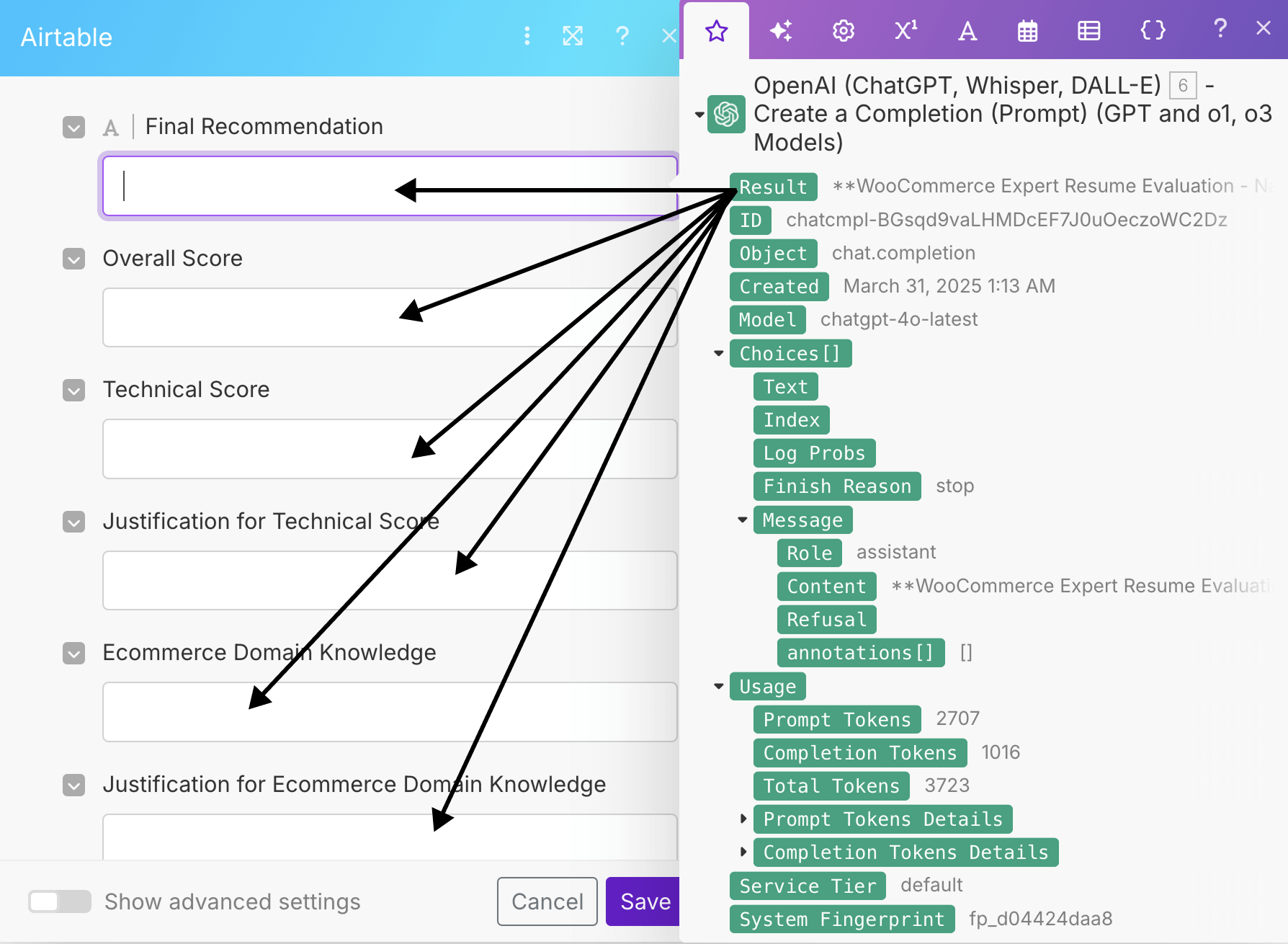
And bang!
Do you see any problem?
“Yeah! The key details are not available as mappable keys! They are just part of a big message produced by ChatGPT”.
You are sharp :D
I give you that :)
Anyway, Yeah.
The problem is, All of these insights are part of a single text response from ChatGPT.
Technically, we call this big text response as unstructured text output.
Since Make.com doesn’t recognize individual key details within a large text block, we cannot map them properly.
A possible solution might be to use regular expressions (regex) to extract specific details. However:
- ChatGPT does not always format its responses the same way.
- The labels for key details may change in different runs.
This makes regex extraction unreliable.
It is as messy as extracting a tooth :D
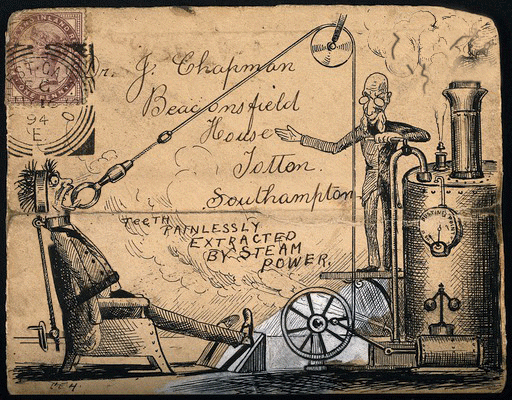
Messy!
“Okay! Okay! How do we solve this problem?”
Simple.
Instead of receiving a long text response, we need to ask ChatGPT to output its analysis in JSON format.
We will talk about this in the next lesson.

